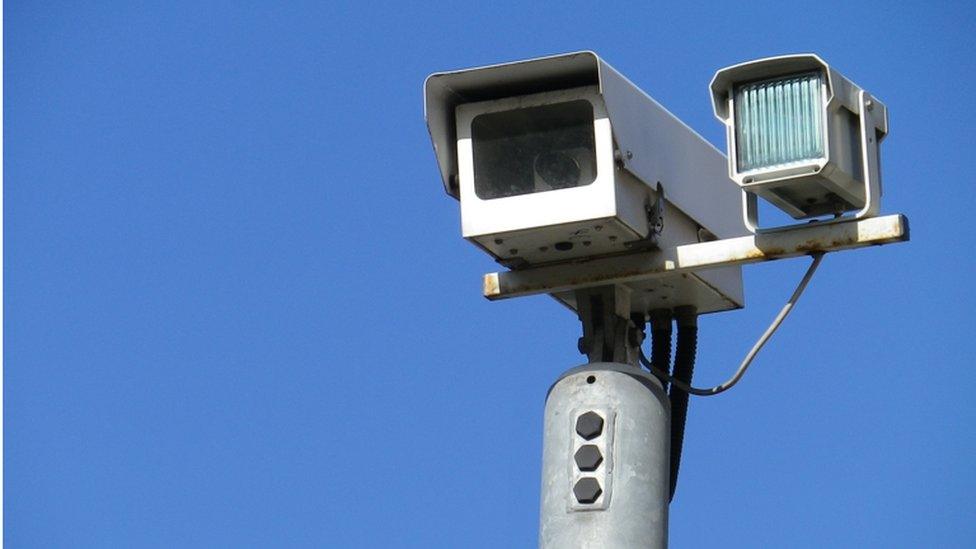Spy bill makes Commons progress
- Published
- comments
Day two of MPs' detailed consideration of the Investigatory Powers Bill - and the issues of the day should be the retention of internet connection records and protection of medical records and journalistic privilege.
There may be clashes, but a series of deals between Labour and the government have defused most of the big problems in advance. I've lost count of the number of times Labour's point person, Keir Starmer uttered the words: "I am grateful for that indication," as the Security Minister John Hayes announced changes.
Today's big compromise announcement will be the composition and remit of the panel which will assess the operational case for the powers, under the leadership of the independent reviewer of terrorism legislation, David Anderson QC.
This matters because the panel have to report by the time the bill reaches committee stage in the House of Lords, and if they called for significant changes that would be pretty hard for ministers to resist.
That follows on from the government accepting special protections for Trade Unions and from a government "manuscript amendment" on the role of the "Judicial Commissioners" who would co-sign warrants for investigatory powers - which would allow them to scrutinise the facts of the case, not just the reasonableness of the process by which a warrant was issued.
In both cases Labour got pretty much everything they asked for.
More compromises?
Further compromise may well emerge on the issue of keeping internet connection records and the level of access to them, and on the protection of medical records. Protection of journalists and their sources seems a tougher issue - although some suspect that the government would like a few compromise-able issues in its back pocket, so that it can throw a few bones to their lordships, when the bill is considered in detail in the Upper House.
I suspect Labour will probably vote for the bill at tonight's third reading - perhaps with a few reservations, while the SNP and probably the Lib Dems will oppose.
And then the action switches to the Lords.
- Published2 June 2016
